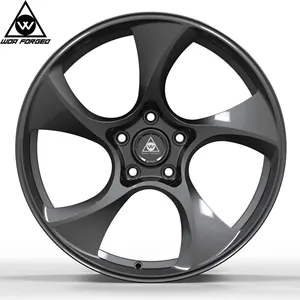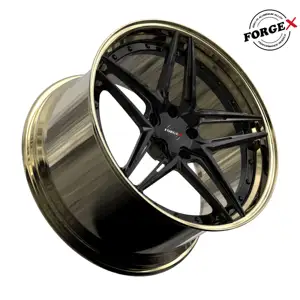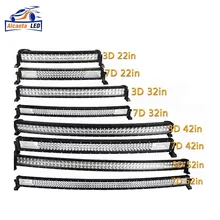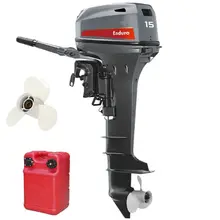Aluminum wheels are a component of tire casing made from aluminum alloy material. Their common sizes are 19.5 aluminum wheels, 22.5 aluminum wheels, and 24.5 aluminum wheels.
The types of aluminum wheels
There are several types of aluminum wheels. Rivet aluminum wheels are made up of multiple aluminum alloy components connected by rivets, with high strength and durability. Heat-treated aluminum wheels are strengthened through a heat-treatment process to improve their strength and durability. Billet aluminum wheels are machined from a solid block of aluminum alloy material with high strength and precision. Composite aluminum wheels are made of multiple materials (such as carbon fiber, ceramics, etc.) with high strength and lightweight effects.
Cast aluminum wheels are manufactured by pouring molten aluminum alloy into a mold and allowing it to cool and solidify into the shape of a wheel. The manufacturing method is cost-effective and suitable for mass production. However, cast aluminum wheels have a lower density, lower strength, and stiffness and are prone to cracking and deformation. Forged aluminum wheels are manufactured by heating aluminum alloy material to a high temperature and then applying pressure to shape it into a wheel. The manufacturing method is more expensive, but forged aluminum wheels have a higher density, higher strength and stiffness, and better durability and resistance to deformation.
The applications of aluminum wheels
Compared to steel wheels, aluminum wheels are lighter and more durable, which can improve the transportation efficiency and fuel economy of heavy-duty trucks and trailers. In addition, their surfaces are smooth and bright, with good corrosion and oxidation resistance, which are not easy to rust and discolor. Therefore, aluminum wheels can be used in various applications.
Automotive: Aluminum wheels are commonly used in the automotive industry for passenger cars, SUVs, sports cars, and luxury vehicles. They offer benefits such as reduced weight, improved heat dissipation, and higher strength, which contribute to better fuel efficiency, handling, and overall performance of the vehicles. Commercial Vehicles: Aluminum wheels are widely employed in commercial vehicles such as trucks, trailers, buses, and heavy-duty trucks. Commercial vehicles often need to withstand heavy loads and demanding work environments. Aluminum wheels, with their lightweight and high-strength properties, are an ideal choice for reliability and durability. Racing: In the racing industry, aluminum wheels are extensively used in various racing categories, such as formula racing, rally racing, and track racing. The lightweight and high-strength characteristics of aluminum wheels contribute to reducing the overall weight of racing vehicles and improving their handling and acceleration capabilities. Motorcycle and Bicycle: Aluminum wheels are also used in motorcycle and bicycle industries. They offer lightweight construction and durability, enhancing the handling performance and acceleration capabilities of motorcycles and bicycles.












































 浙公网安备 33010002000092号
浙公网安备 33010002000092号 浙B2-20120091-4
浙B2-20120091-4